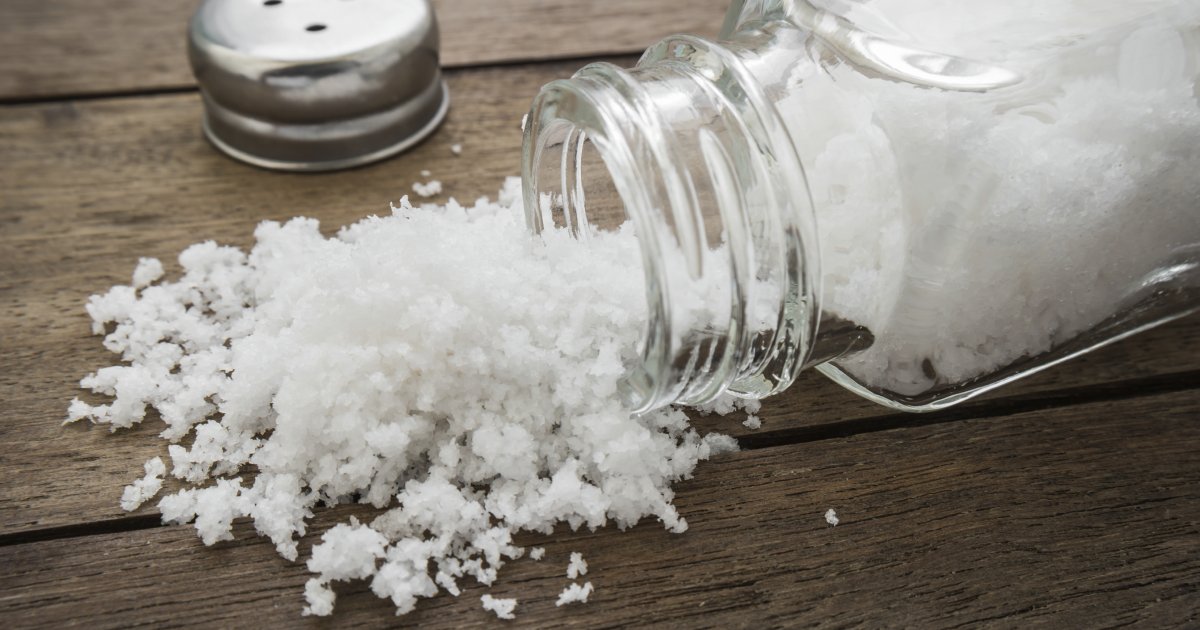The Top Nutrition Scams To Watch Out For
Salt Is Always Bad

For almost fifty years, major public health organizations have sent the message that salt is always bad. Most individuals tend to associate high salt intake with high blood pressure and an increased risk of cardiovascular disease. However, scientific research conducted over several decades has failed to find a conclusive link between salt intake, hypertension, and heart disease, and numerous studies show consuming insufficient salt may cause health issues. While reducing salt intake does lead to lower blood pressure, the reduction is actually very small for healthy individuals. A 2013 study of subjects with normal blood pressure found that restricting salt reduced systolic blood pressure by only 2.42mmHg, and diastolic readings were reduced by a mere 1.00mmHg.
Large reviews comparing multiple studies have found there is currently no strong evidence to suggest a reduction in salt consumption leads to fewer strokes, heart attacks, or deaths. In fact, several studies have indicated consuming less than three thousand milligrams of sodium each day may increase the risk of death for patients who have cardiovascular disease. Other studies have shown correlations between low-salt diets and an increased risk of death in patients with heart failure and type 2 diabetes. Research suggests restricting salt may increase insulin resistance, and low-salt diets are associated with elevated low-density lipoprotein and triglyceride levels.
Keep reading to dispel more nutrition scams now.
